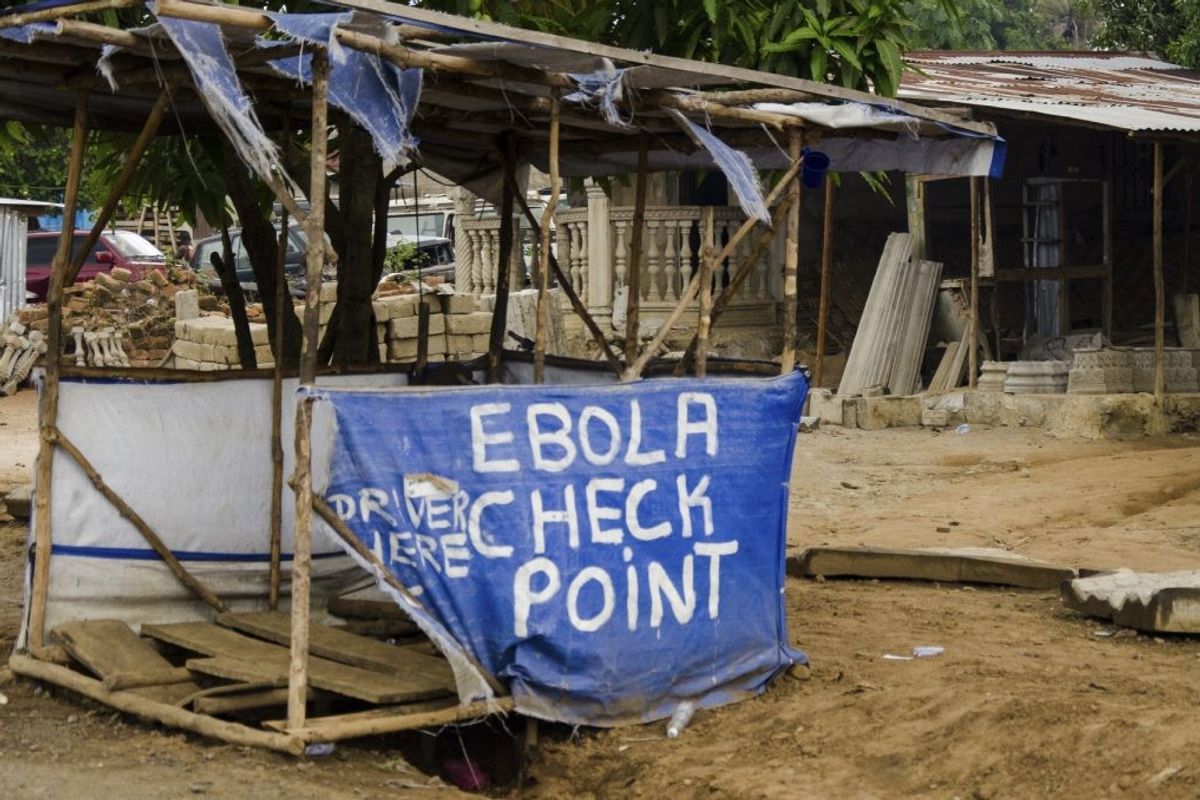Calls for more funding to fight the Zika virus have intensified in the last week as concerns over the implications of a potential crisis in the United States mount among health security experts.
With no sign of members of Congress returning from recess to tackle the issue, the Obama administration on Thursday announced it would be moving an additional $81 million to try to help combat the Zika virus. Health and Human Services (HHS) will shift $34 million in funds to the National Institutes of Health and $47 million to the Biomedical Advanced Research and Development Authority to continue vaccine research, the department said.
“With the actions described above, we have exhausted our ability to provide even short-term financing to help fight Zika,” HHS Secretary Sylvia Burwell wrote.
Thursday’s influx of cash is just a sliver of what the administration has called for to mount a full-blown fight against the virus, which has no vaccine, can be spread through infected mosquitos or sex, and is linked to birth defects such as microcephaly.
President Barack Obama in February requested $1.9 billion in emergency funding, but lawmakers left for their summer recess before passing a $1.1 billion measure.
After a National Security Council meeting at the Pentagon last week, Obama raised the issue once again, noting that the continental U.S. is now seeing its first locally transmitted cases of the Zika virus by mosquitos and that more than 40 service members have now contracted Zika overseas. “Congress needs to do its job. Fighting Zika costs money,” Obama said.
“A lot of folks talk about protecting Americans from threats. Well, Zika is a serious threat to Americans, especially babies right now,” the president said.
There was “never any doubt in the U.S. government’s mind that this was a security threat,” Stephen Morrison, director of CSIS’ Global Health Policy Center, told The Cipher Brief. That is what prompted the request for $1.9 billion in emergency supplement funding — something a president would not seek from Congress “for an outbreak of this kind unless you see it as posing a very grave threat both at home and abroad,” he said.
“Did it mean it would destabilize society? No. But it meant that a new and not well understood and dangerous pathogen was being introduced into America,” Morrison said.
Zika fits into the category of unforeseen emerging threats that migrate into new environments where they suddenly pose major hazards to unprepared populations — think severe acute respiratory syndrome (SARS) or Ebola, for instance. These required “urgent mobilization to protect and manage the introduction of these alien, and dangerous, pathogens,” Morrison said.
“We’re now beginning to see how they can destabilize entire regions — look at Ebola and West Africa,” Morrison said. “We’re in an era where health security has risen to a much higher prominence and higher priority, and we need to be able to better prepare, respond to, and detect these emerging cases.”
As scientists and health security experts continue to learn more about the virus, there is an “amped up sense this is more dangerous than we thought,” according to Morrison. Only recently have researchers learned that Zika can be sexually transmitted, and it can cause brain damage in infants in multiple ways — microcephaly is not the only threat it poses to babies.
“Money’s running out, the clock is ticking,” Morrison said. “We have to get a stable and predictable coherent framework in place with industry.”
As the Zika situation shows, the need to go to Congress for emergency funding for a pandemic response is a flawed model — instituting a budgeted annual fund for health security would help authorities fend off this and future crises, Morrison said.
“If you’re going to deal with these threats, we have got to have agreement on regular, budgeted funding so we can be quick off the mark, responsive, and not get stuck on politics or institutional meltdown,” Morrison said. “We need to insulate ourselves from that.”
Morrison also suggested that the next presidential administration have a “senior empowered personality whose only job is health security” on board. There needs to be someone with access to the president who can coordinate and drive the response with a clear mandate on health security both at home and abroad, he said.
But despite all the concerns over the Zika virus, Morrison noted that “people are skeptical that this is truly a threat.”
“And this is inherent in this whole consideration of health security, when you look at Ebola, SARS, pandemic flus – these are threats you’ve never seen, so you have to get people to imagine what they may be, and they are busy in their day-to-day lives,” Morrison said. “In this case, it’s not yet fully in front of them.”
Not all agree that Zika has the makings of a national security issue — but how the U.S. has reacted to this potential crisis offers a warning sign for future pandemics that might raise to such a threat level.
“Do I think Zika poses a national security threat? Not directly. Not yet,” Rebecca Katz, a specialist in global health security at Georgetown University, said.
At issue, though, is the worry that the Zika virus response may suggest Congress’ inability — or unwillingness — to respond with action on health crises in the future that may have a more direct national security impact, according to Katz. “That is concerning,” she said.
The U.S. is doing “a lot” on Zika right now, Katz said, but with limited funds. Much more is needed for diagnostics, countermeasures, vaccine testing, and local health departments, for instance. More broadly, though, there is a clear need for a “standing structure for pandemic response” at the national level, Katz said.
“Much exists already, including the national response framework, and staff within the departments and agencies across the U.S. government,” she said. “The issue is more that there is no available emergency fund.”








